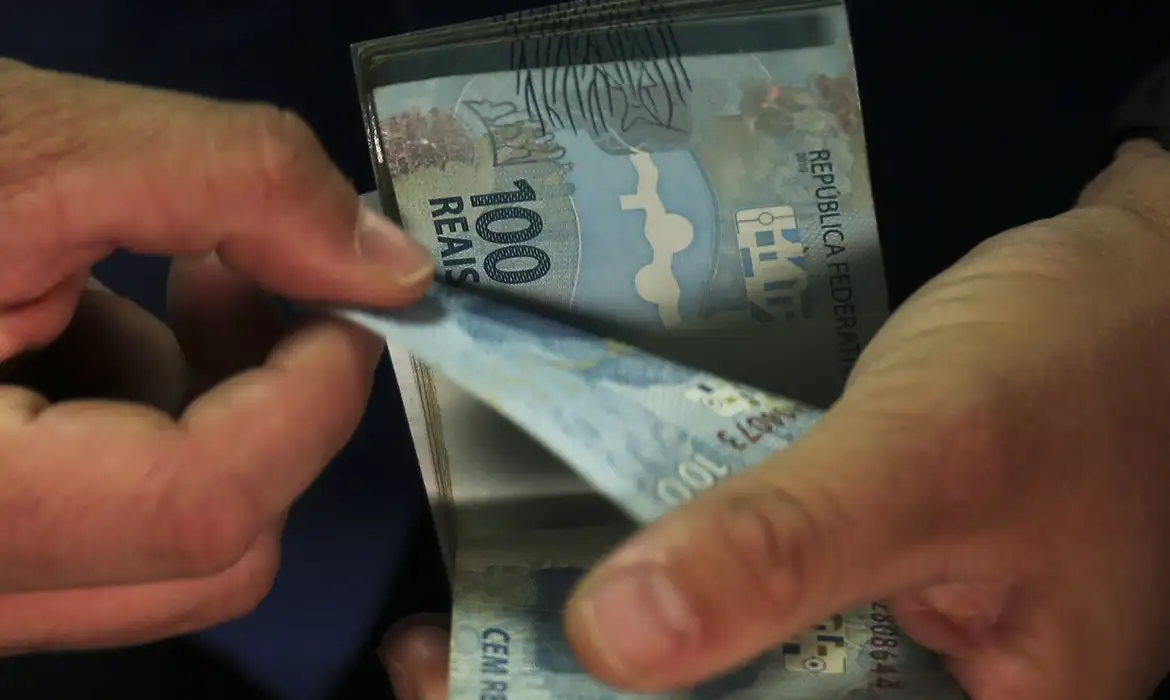BC will hold public consultations to regulate crypto market




The regulation, explained the BC, aims to limit the risks of virtual systems without centralized administration, at the same time that it will try not to prevent the emergence of novelties in the sector. Among the principles to be observed are free initiative, free competition, in addition to the protection and defense of consumers and users.
As soon as the regulation takes effect, companies that operate in the virtual asset market will have at least six months to adapt to the legislation and the new requirements.
According to the BC, public consultation notices will be launched throughout the second half of the year to receive suggestions and manifestations from specialists and the general public, before the final regulation on the subject. The monetary authority is studying international recommendations on the subject and the development of the crypto market in Brazil and abroad. The agency also monitors the interactions of this segment with the traditional financial system.
Virtual assets, informed the BC, represent an important opportunity for innovation in the financial system, through decentralized management, reduction of negotiation costs, gains in transparency and integration between different types of products and services. These tools, the agency pointed out, help to increase efficiency and financial inclusion.
To reduce the risks of the new technology, the regulation intends to prevent investors from being exposed to these assets without the due levels of transparency in the provision of information. The BC informed that the Federal Revenue Service and the Securities Commission will also participate in the process, in a “transversal and coordinated” way.
At the end of last year, the Lei 14.478 brought guidelines for the provision of virtual asset services in the country. In June, the Decree 11,563 established the Central Bank as the competent body to regulate the sector.
Foto de © Michael Wensch/Domínio Público
Consulta Pública,banco central,criptoativos,Economia




